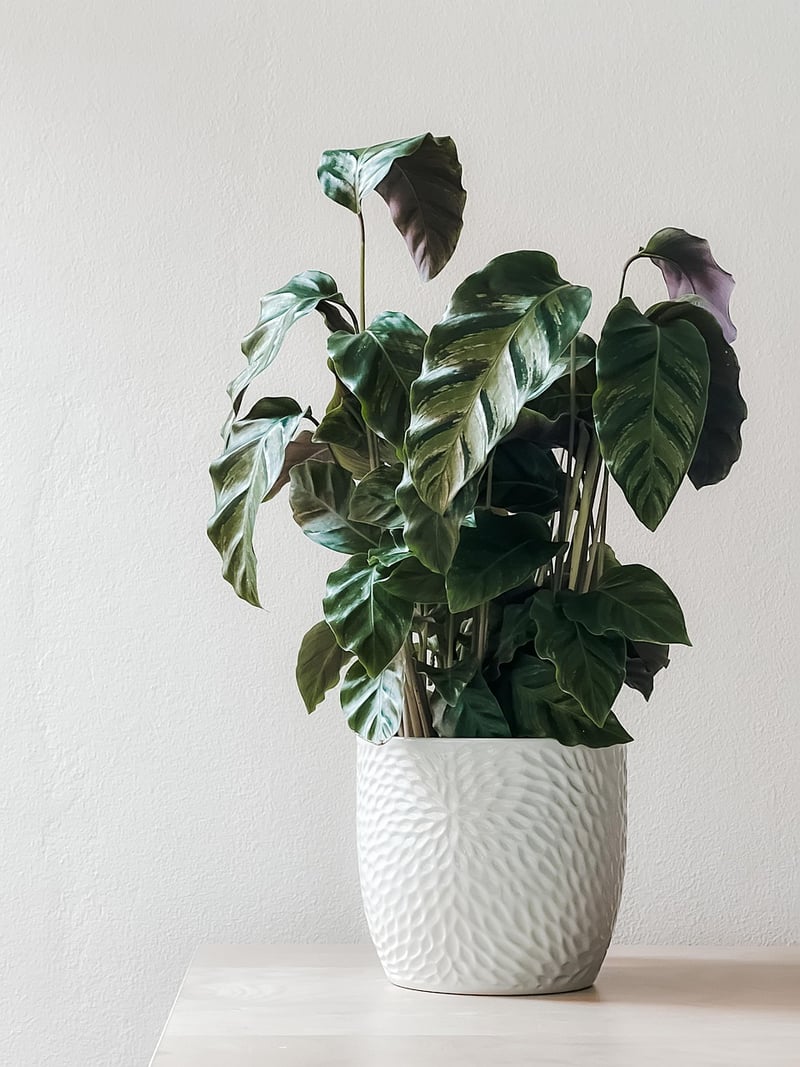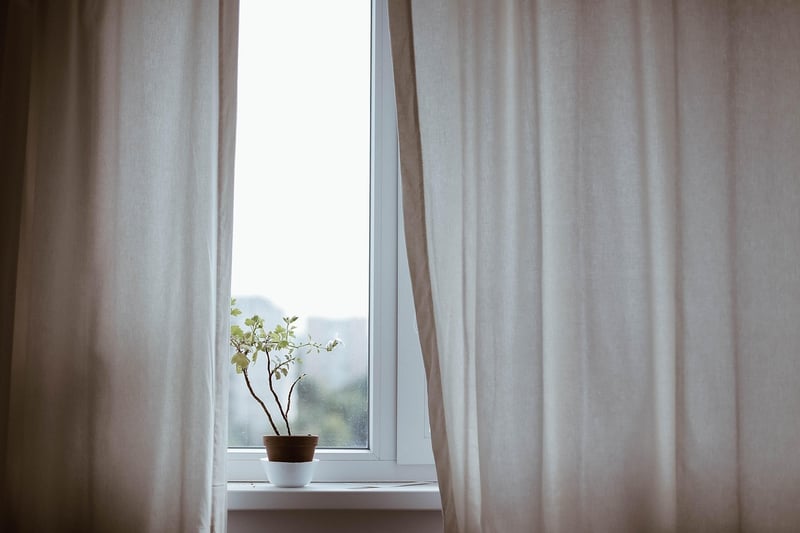Indoor Plant Care
Nurturing and Maintaining Your Indoor Plants
Indoor plants not only add a touch of nature to your home but also have numerous benefits like improving air quality and reducing stress. To ensure your indoor plants thrive, it's essential to provide them with proper care and attention. Here are some tips to help you nurture and maintain your indoor plants:
1. Choose the Right Plants
Before bringing a plant home, consider factors like lighting conditions, humidity levels, and your ability to provide care. Some popular indoor plants that are relatively easy to care for include Spider Plant, Peace Lily, and Snake Plant.
2. Provide Adequate Light
Most indoor plants require natural light to photosynthesize and grow. Place your plants near windows with filtered sunlight or invest in grow lights for plants that require more light. Rotate your plants regularly to ensure even growth.
3. Water Wisely
Overwatering is a common cause of plant problems. Check the moisture level in the soil before watering and ensure proper drainage to avoid root rot. Different plants have different watering needs, so it's essential to understand the requirements of each plant.
4. Maintain Humidity Levels
Indoor environments can sometimes be too dry for certain plants. Increase humidity by misting your plants, placing them on a pebble tray with water, or using a humidifier. This is especially important during the winter months when indoor air tends to be drier.
5. Prune and Trim Regularly
Trimming dead leaves and spent flowers not only improves the appearance of your plants but also promotes new growth. Use clean, sharp scissors or pruning shears to avoid damaging the plant.
6. Monitor for Pests and Diseases
Keep an eye out for common indoor plant pests like aphids, spider mites, and mealybugs. Treat any infestations promptly using natural or chemical solutions to prevent them from spreading to other plants.
7. Feed Your Plants
Indoor plants benefit from occasional feeding with a balanced fertilizer. Follow the instructions on the fertilizer package and avoid over-fertilizing, as this can harm your plants. Feeding frequency may vary depending on the plant species.
8. Repot When Necessary
As your plants grow, they may outgrow their pots and become root-bound. Repotting your plants in larger containers with fresh soil not only provides more space for growth but also replenishes nutrients in the soil.
Conclusion
By following these tips and being attentive to the needs of your indoor plants, you can create a thriving indoor garden that brings beauty and tranquility to your living space. Remember that each plant is unique and may have specific care requirements, so observe your plants regularly and adjust your care routine as needed.

Explore the world of indoor gardening and bring the beauty of nature into your home with these helpful tips!
